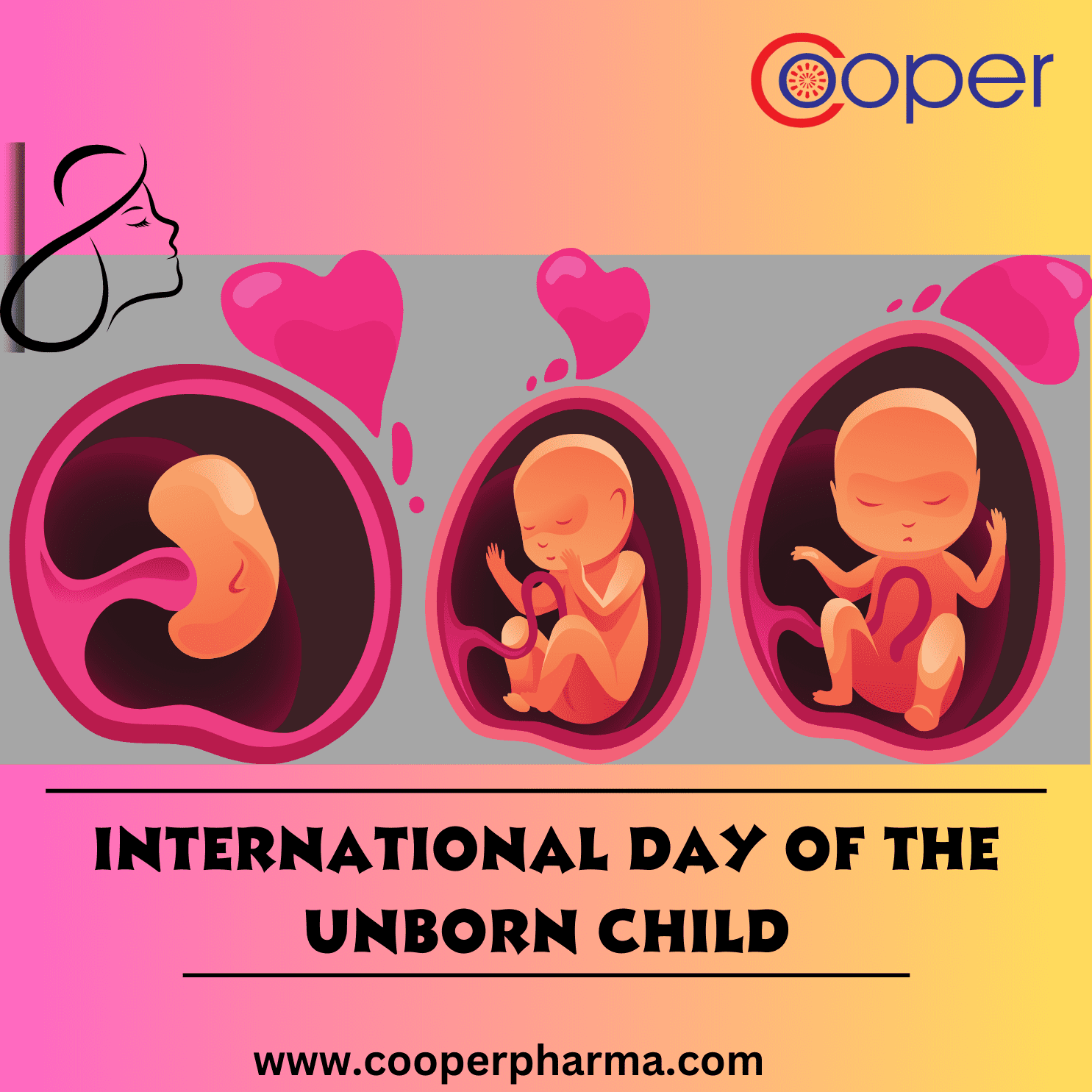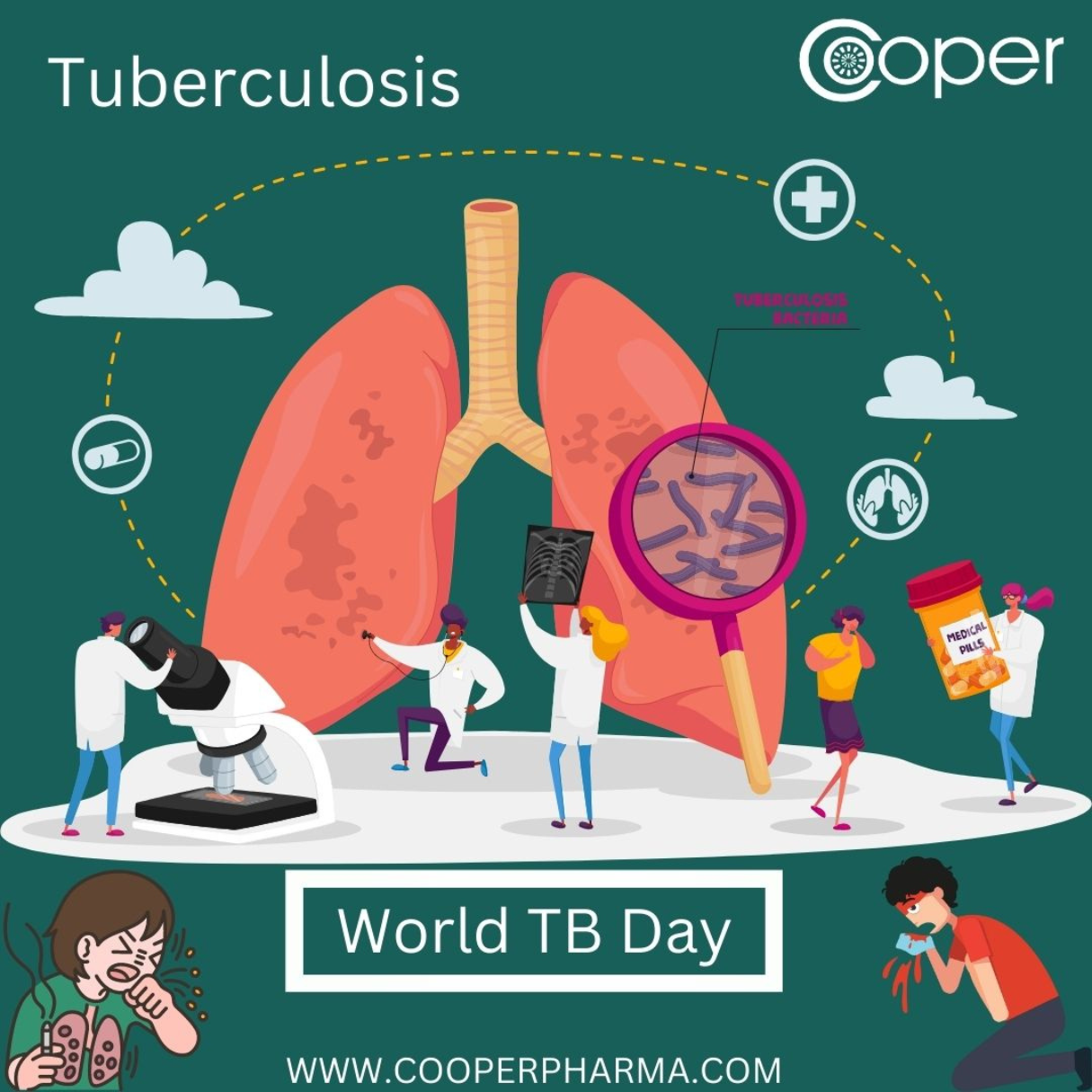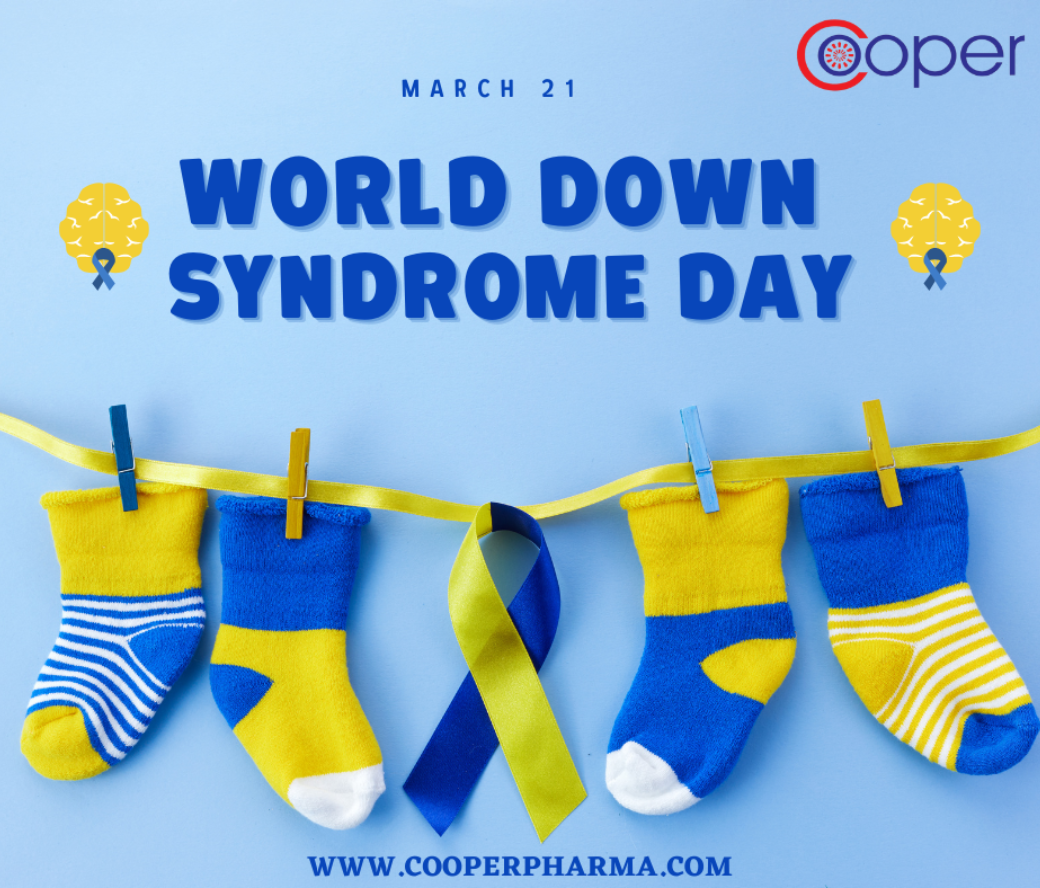PMS ( Premenstrual Syndrome )
Recent Blog
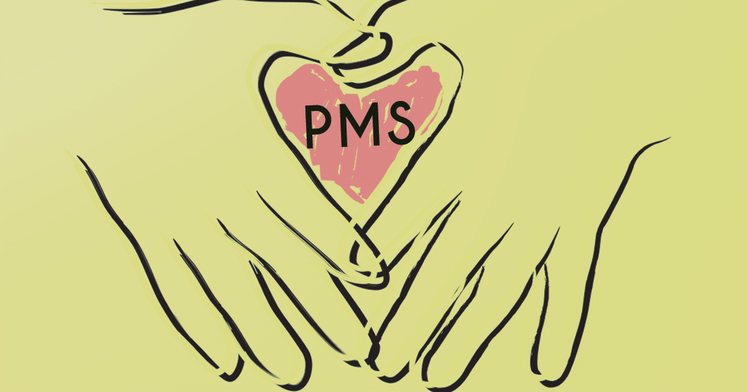
PMS ( Premenstrual Syndrome )
Date:- 2018-06-27 00:00:00
PMS stands for premenstrual syndrome. It occurs due to physical and psychological features. It is also related with emotional and mood changes and this all happen after a woman’s ovulation and before the start of her menstrual period. PMS happens in the days after ovulation because estrogen and progesterone levels begin falling dramatically if you are not pregnant. The cause of a PMS include changes in hormone levels during the menstrual cycle. These changing hormone levels may affect some women more than others.
Symptoms of PMS
PMS symptoms may be mild at some point or severe that it makes it hard to do everyday activities. Less than 5% of women of childbearing age get a more severe form of PMS, called premenstrual dysphoric disorder (PMDD). Physical symptoms of PMS include breast tenderness, bloating, fatigue, headaches and food cravings. Psychological symptoms and mood changes symptom are common in PMS and may include anger, depression, irritability, crying etc. PMS occurs in the last half of a woman's menstrual cycle. Other symptoms of PMS include taking pills of contraceptive, pain killers, drugs that affect ovary. The main cause of PMS is unrevealed but it is believed to be related to interactions between sex hormones and neurotransmitters. PMS symptoms and signs occur during the two weeks before a woman's period starts, known as the luteal phase of the menstrual cycle. Severe PMS symptoms may be a sign of premenstrual dysphoric disorder (PMDD). PMS symptoms go away within a few days after a woman’s period starts as hormone levels begin rising again.
Treatments perform in PMS symptom
Treatments for PMS includes emotional support, stress reduction and management, dietary changes, and medication. Changing in lifestyle is the major cure of PMS. It includes healthy eating, exercise, family support and loves from partner and loved ones.
- Do aerobic exercise, yoga and meditation .It will improve your general health. Keeping mind free and relieving tension and anxiety. Exercise also tone your muscles, decrease weight and keeps fit.
- Caffeine is the main cause of irritability exist. Avoid it.
- Keep your diet very nutritious. Take sugar and salt in limits that will not harm your body.
- Decrease the intake of animal fats.
- Avoid cigarettes and alcohol.
- Get enough sleep to about 8 hours.
- Find healthy ways to cope with stress.
- Prescription medicines can treat PMS symptoms like hormonal, antidepressants, anti-anxiety medicines.
- Taking vitamin like vitamin B6 may help PMS symptoms including bloating, anxiety, irritability, moodiness. You can take it as a dietary supplement or it may also available in food source such as fish, poultry, potatoes, fruit (except for citrus fruits), and fortified cereals.
- Calcium and magnesium can help in relieving PMS symptoms including calcium trying to overcome fatigue, cravings, and depression. Calcium is found in foods such as milk, cheese, and yogurt. Some foods, such as orange juice, cereal and magnesium help to reduce migraines. Magnesium is found in green, leafy vegetables such as spinach, as well as in nuts, whole grains, and fortified cereals. You can also take a supplement of both calcium and mineral.

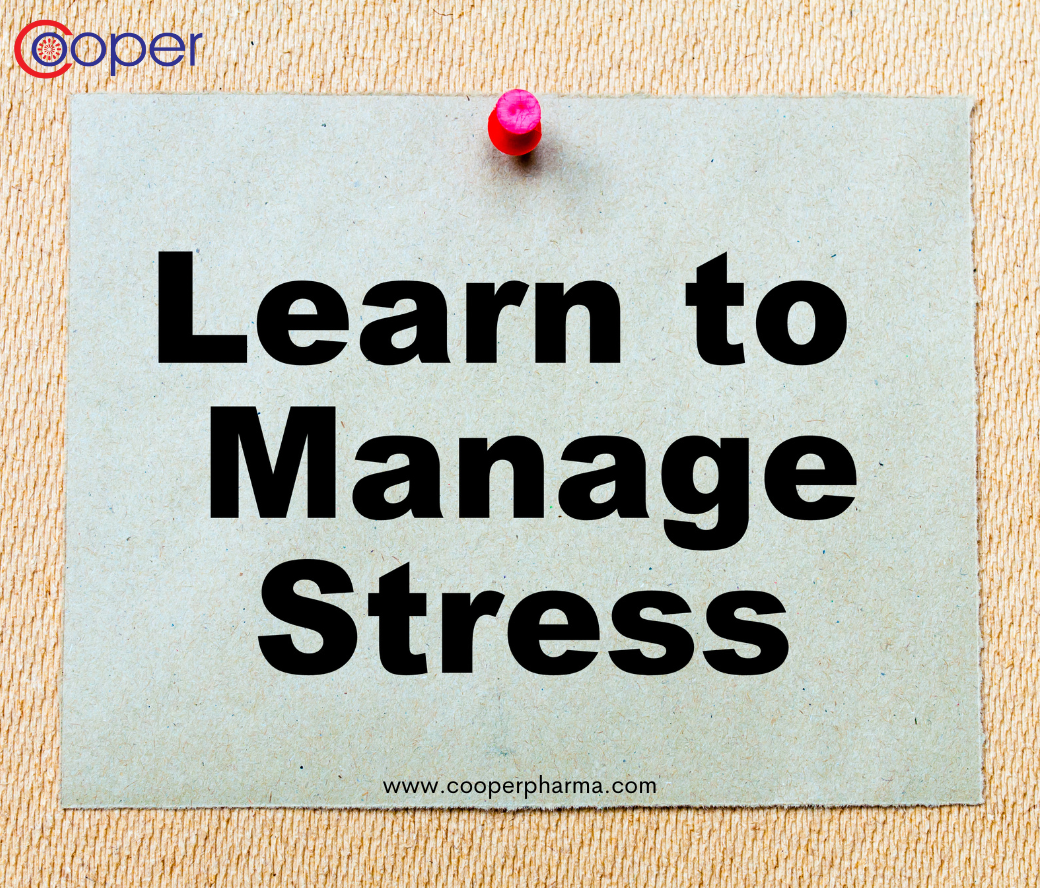
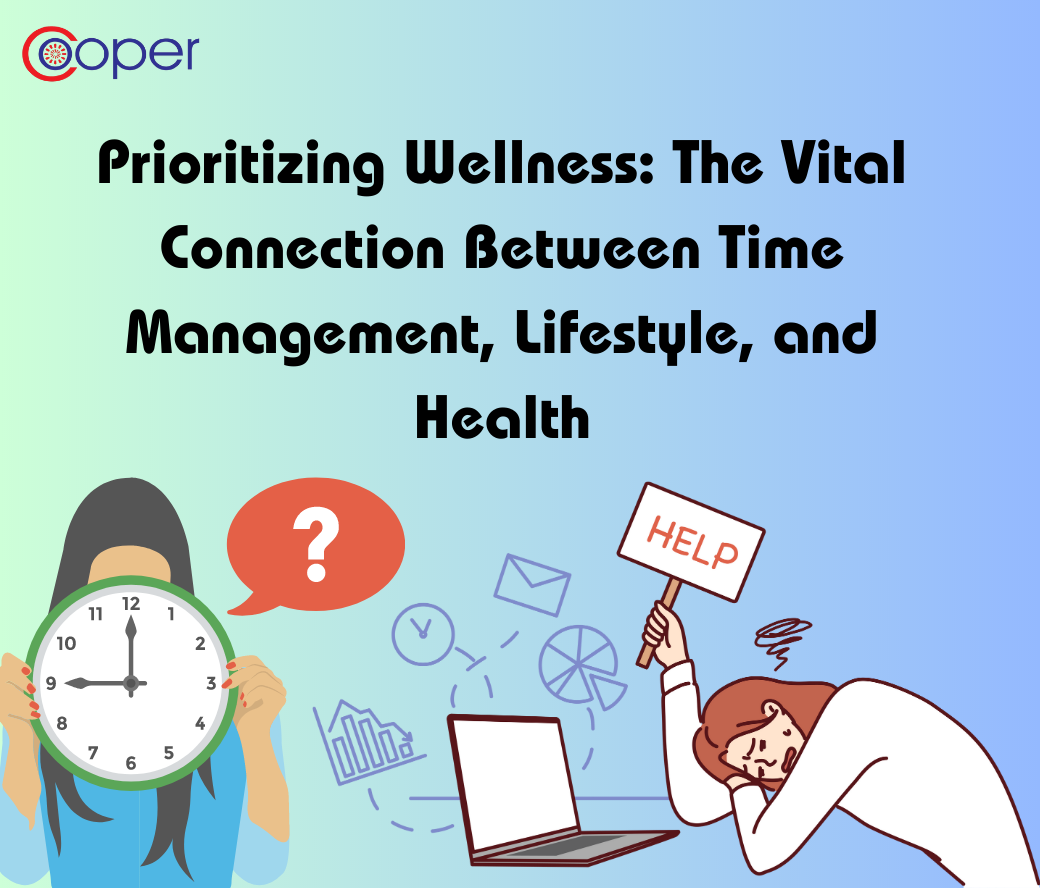
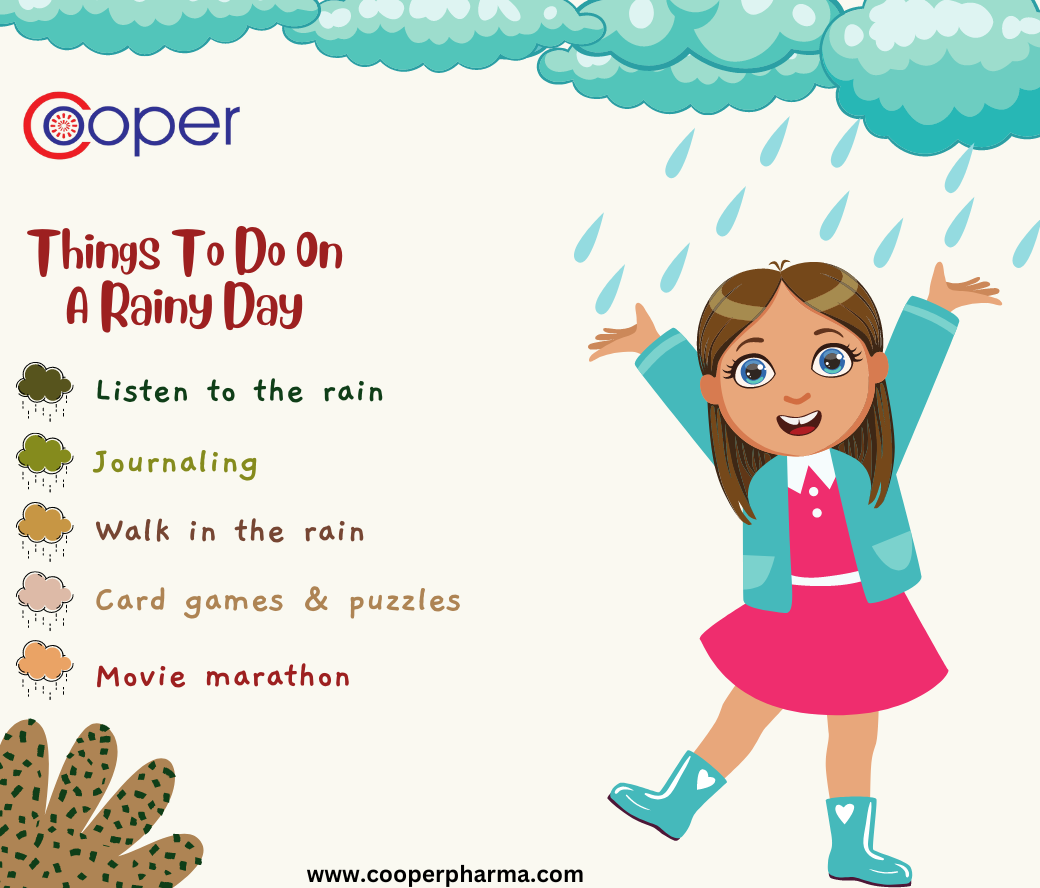
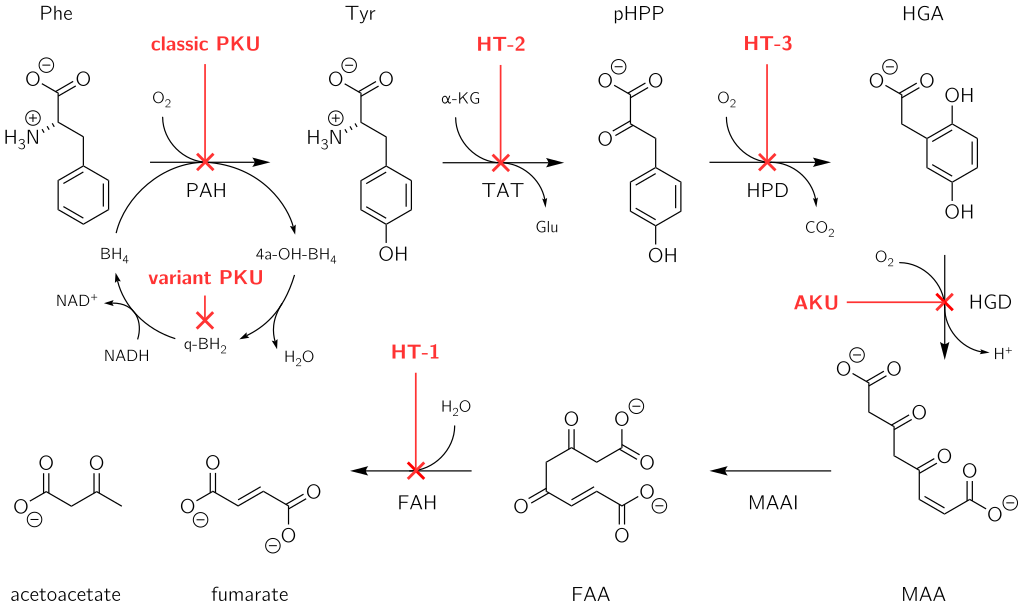
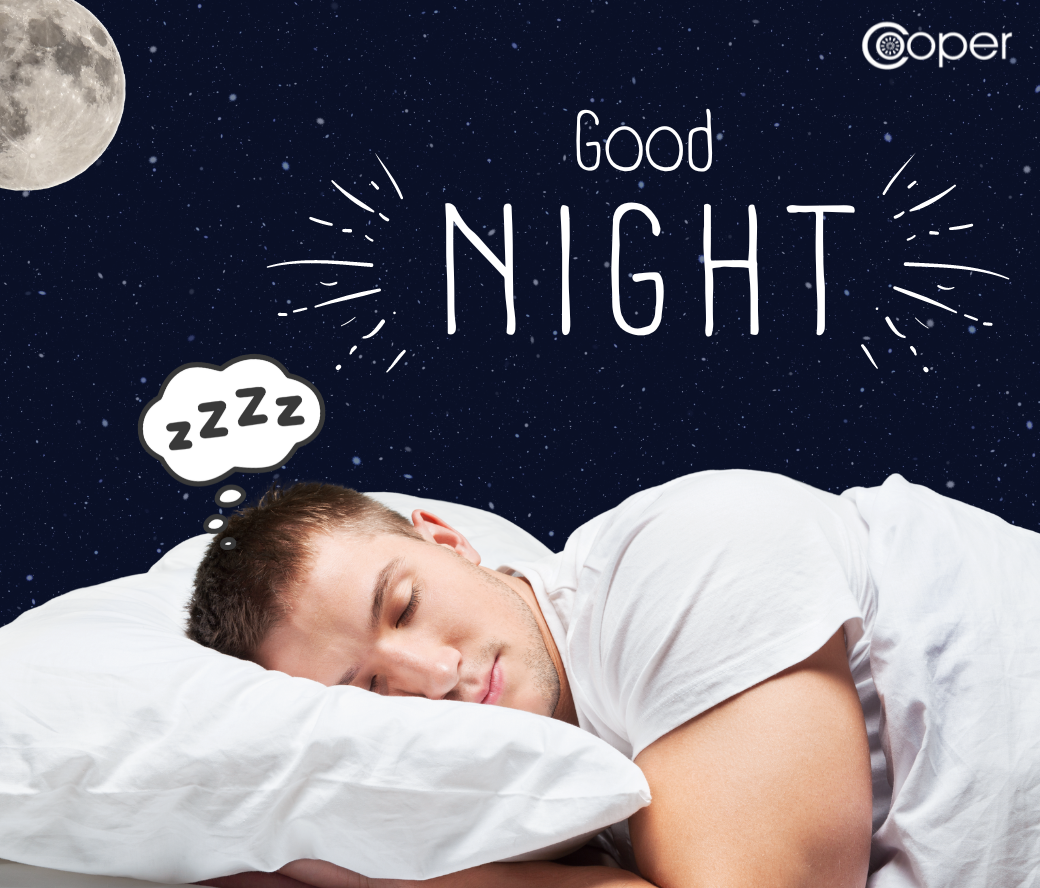
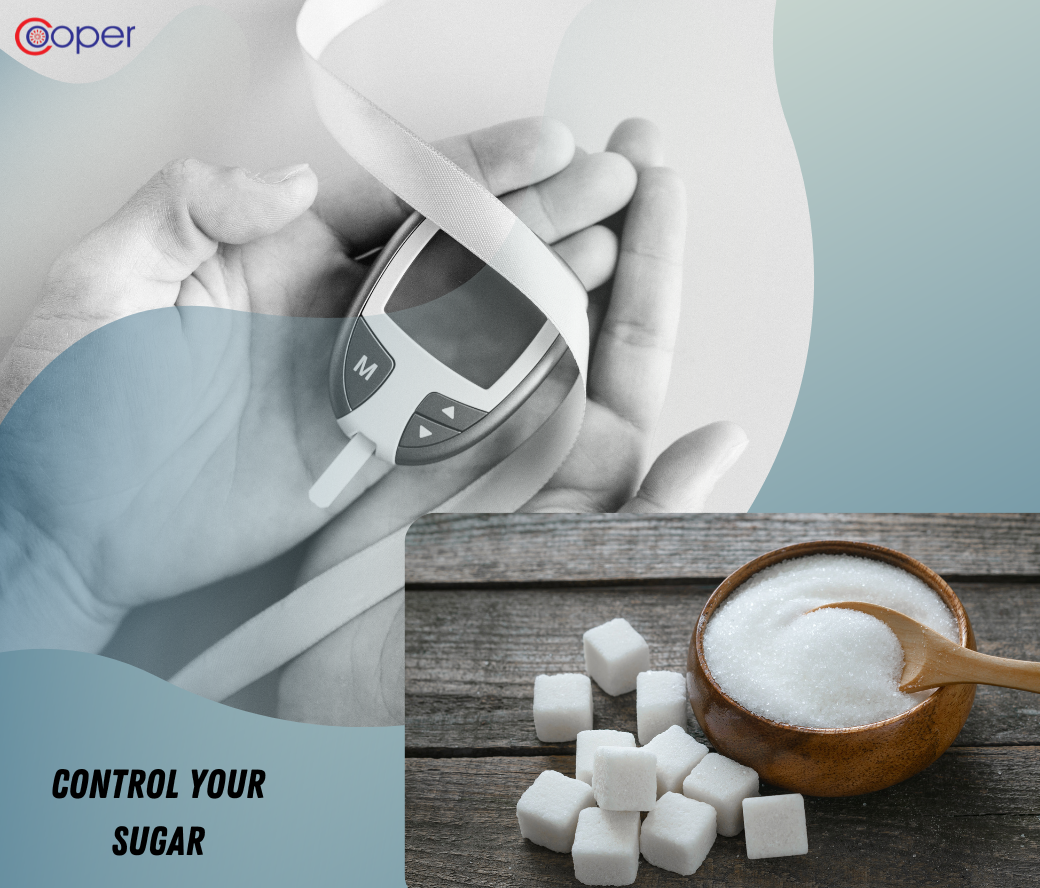
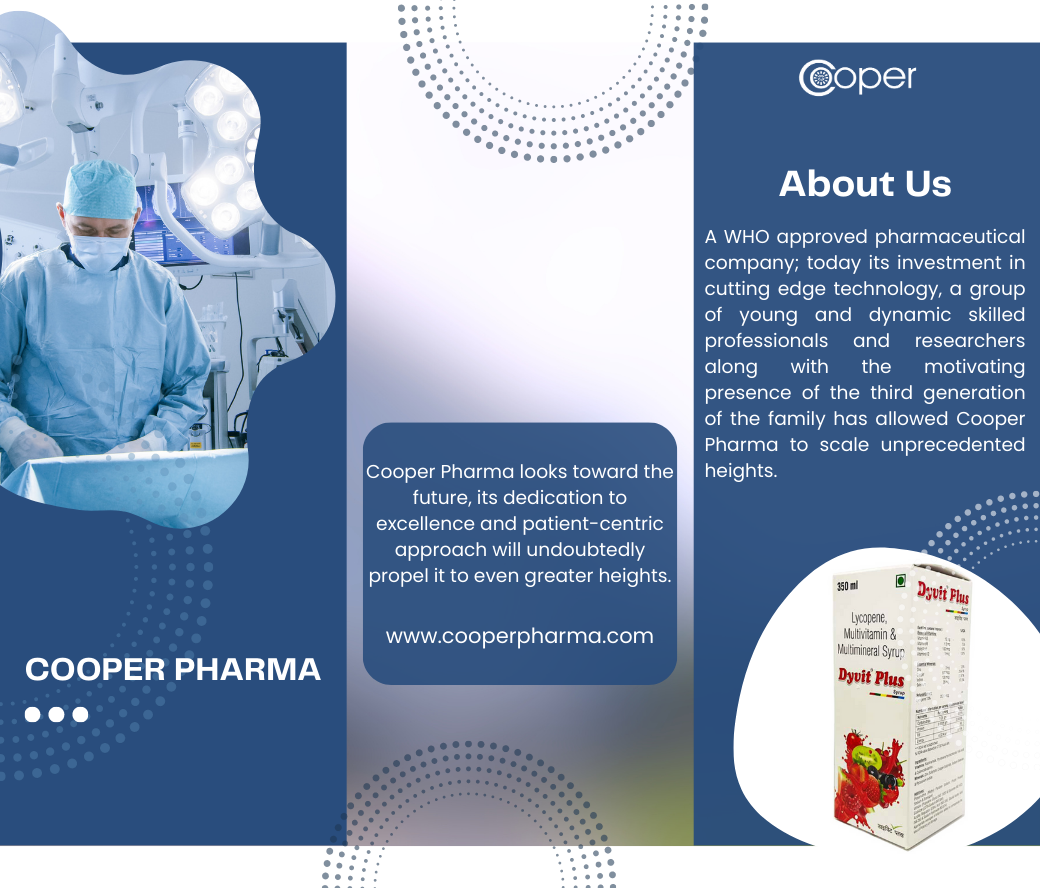
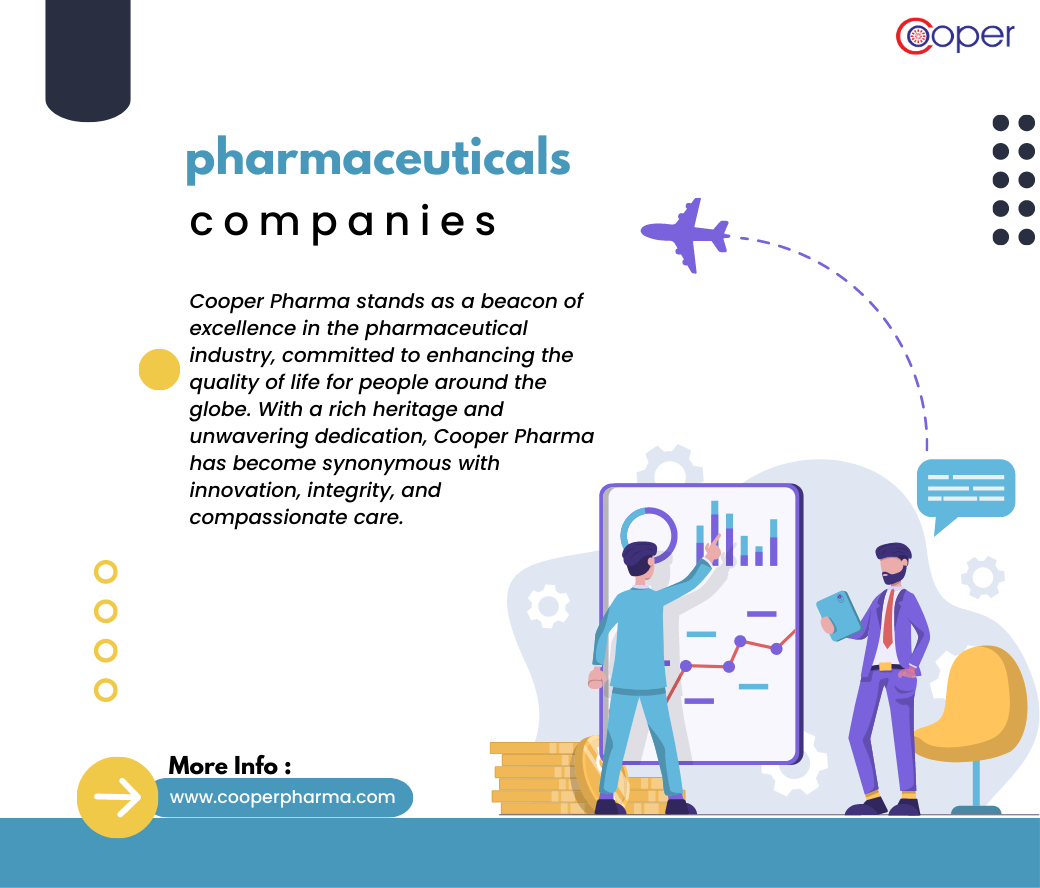
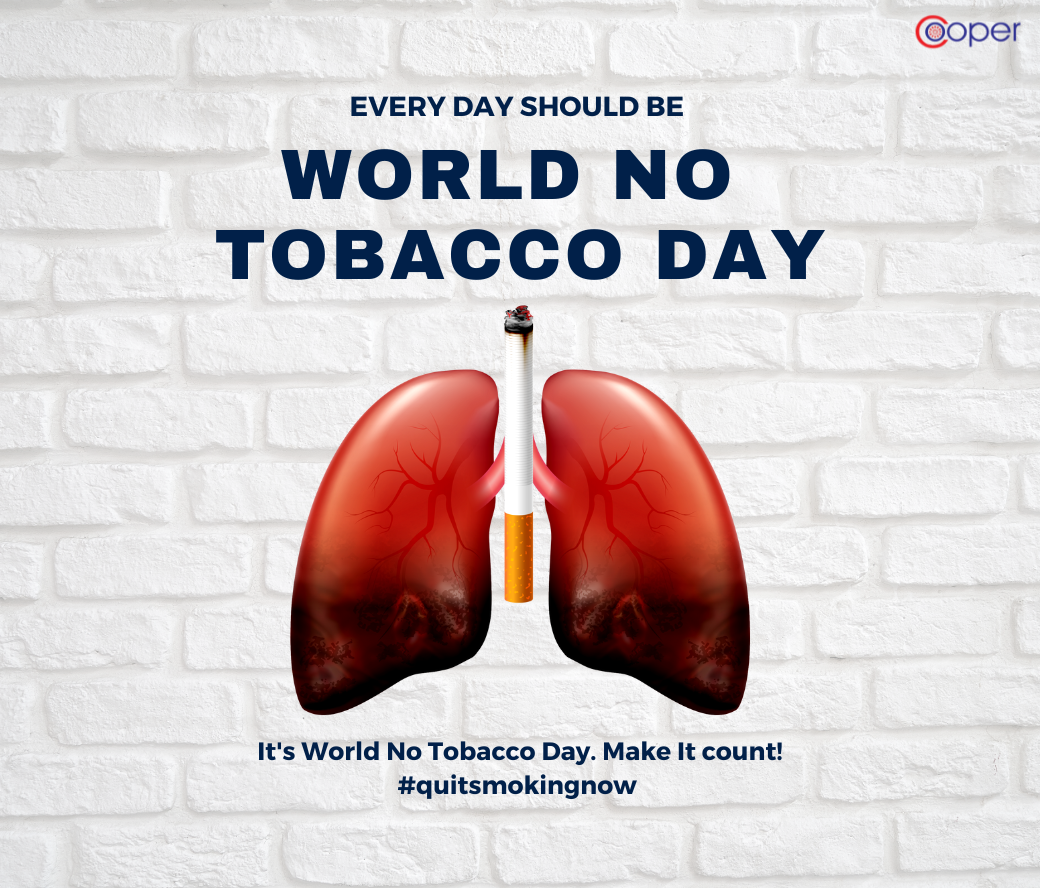
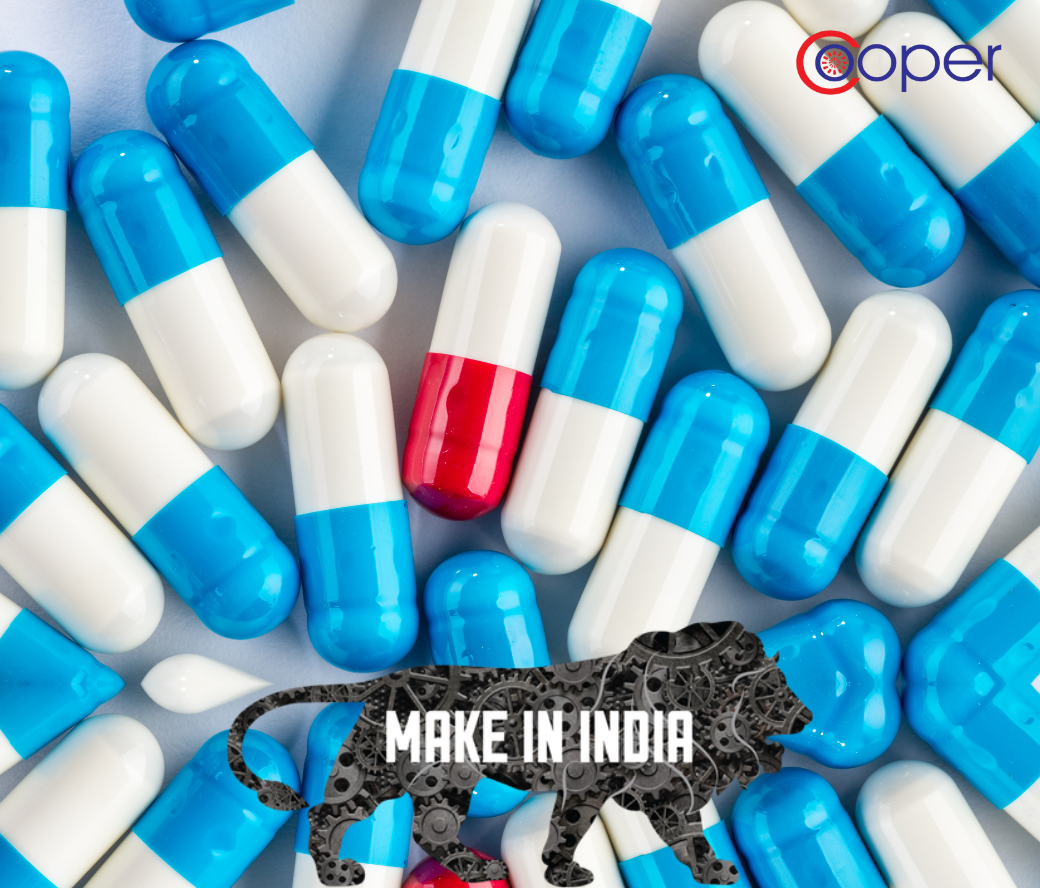
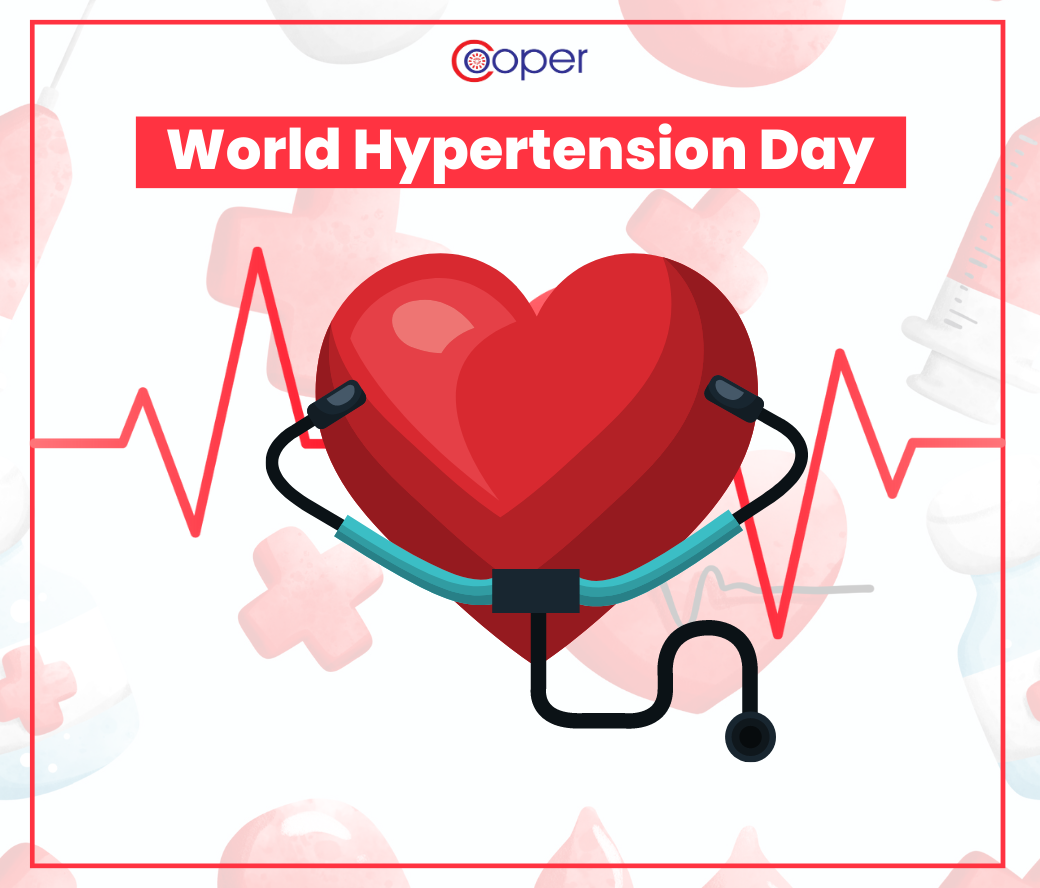
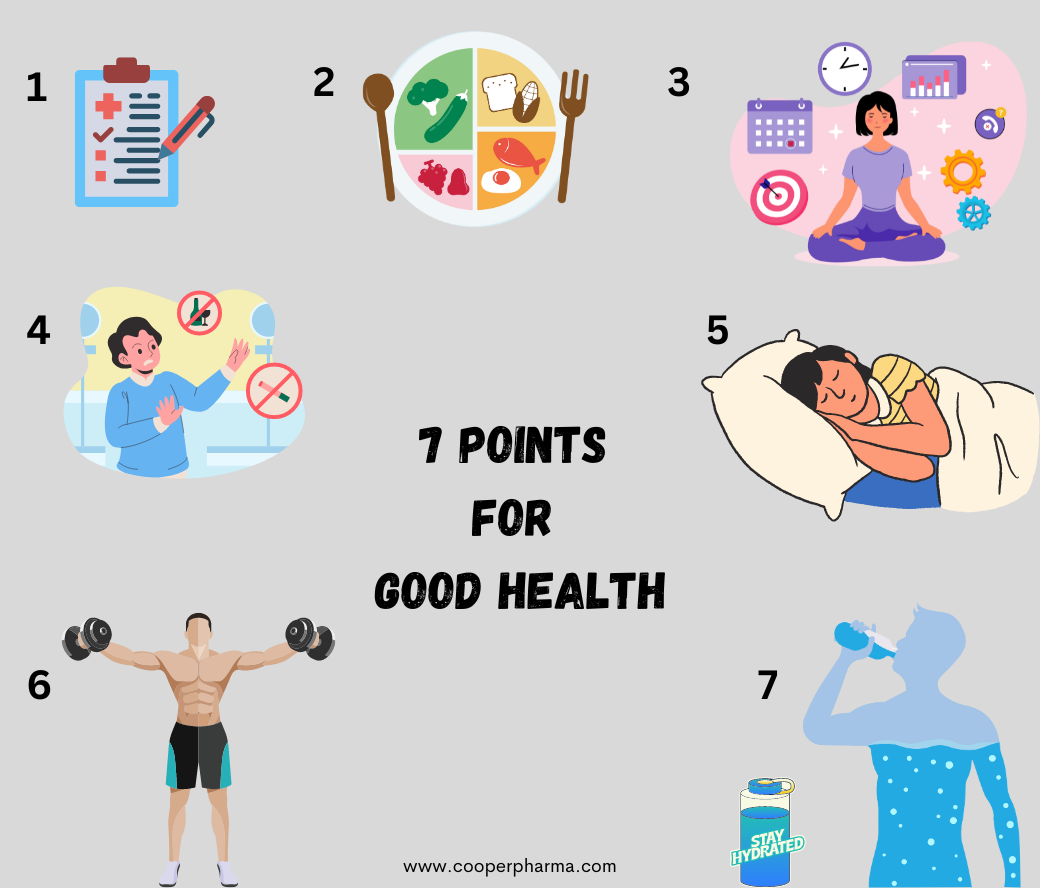
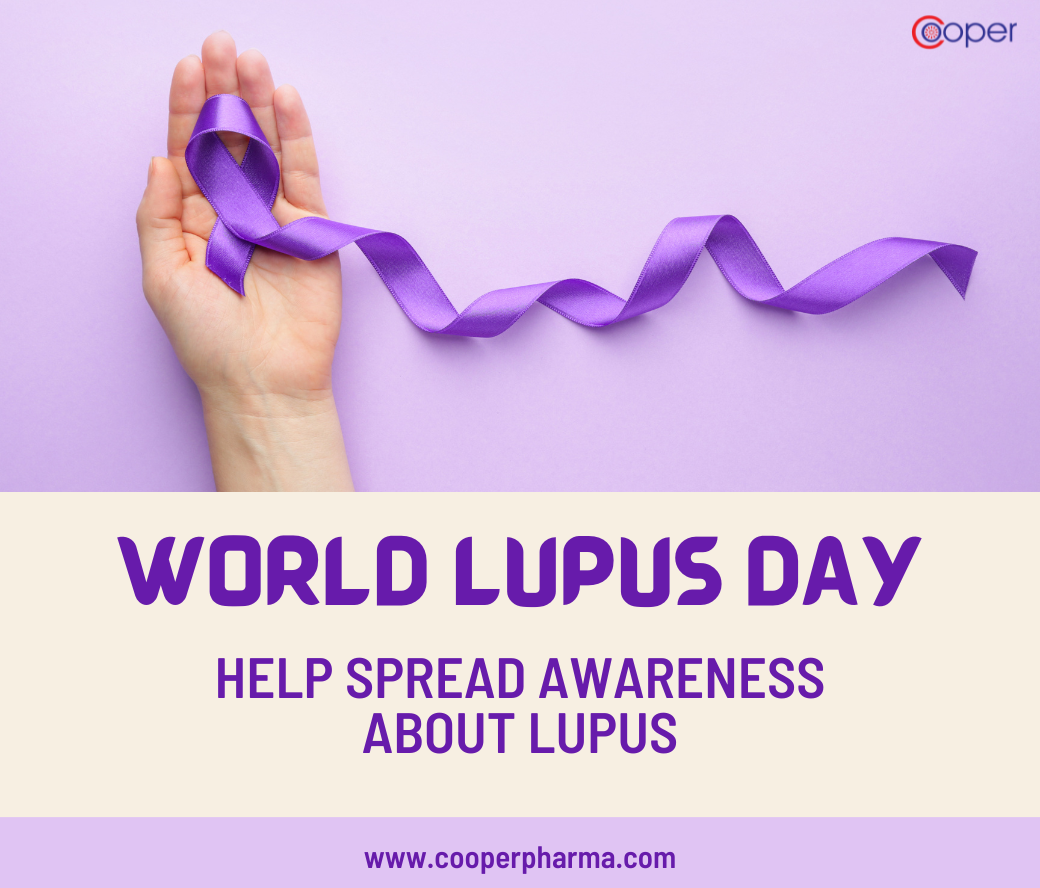
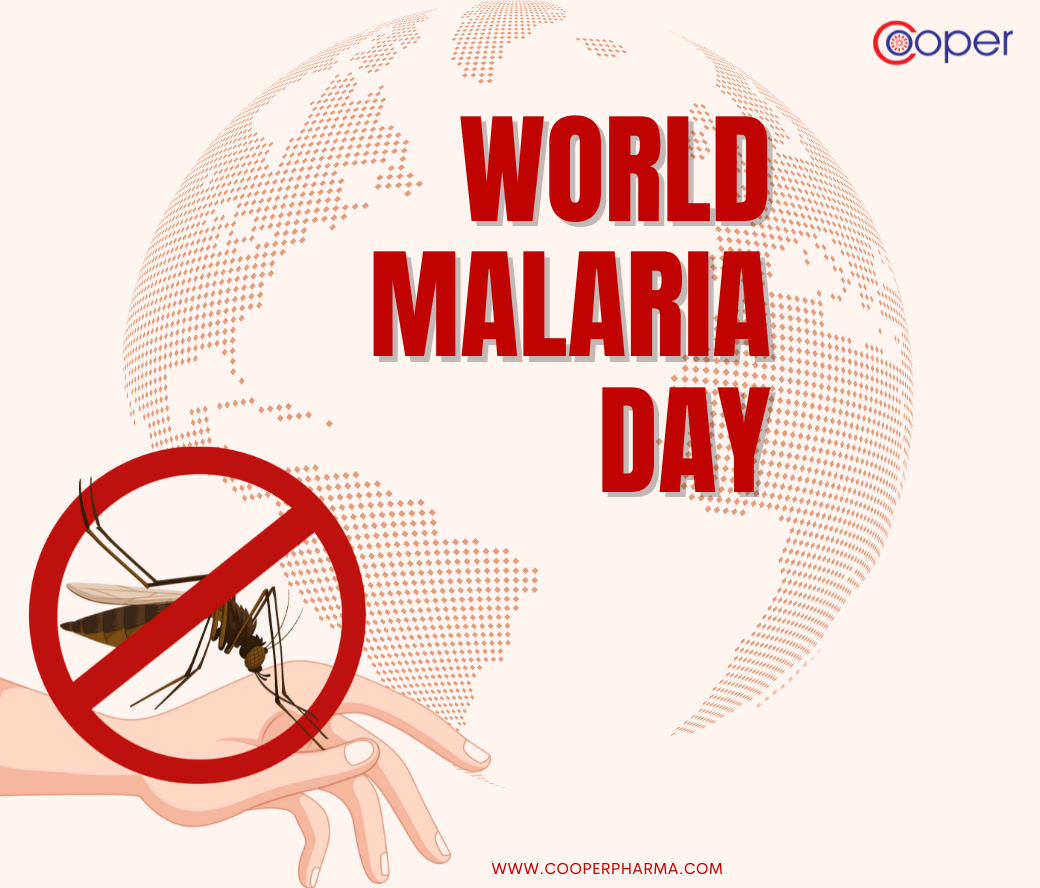
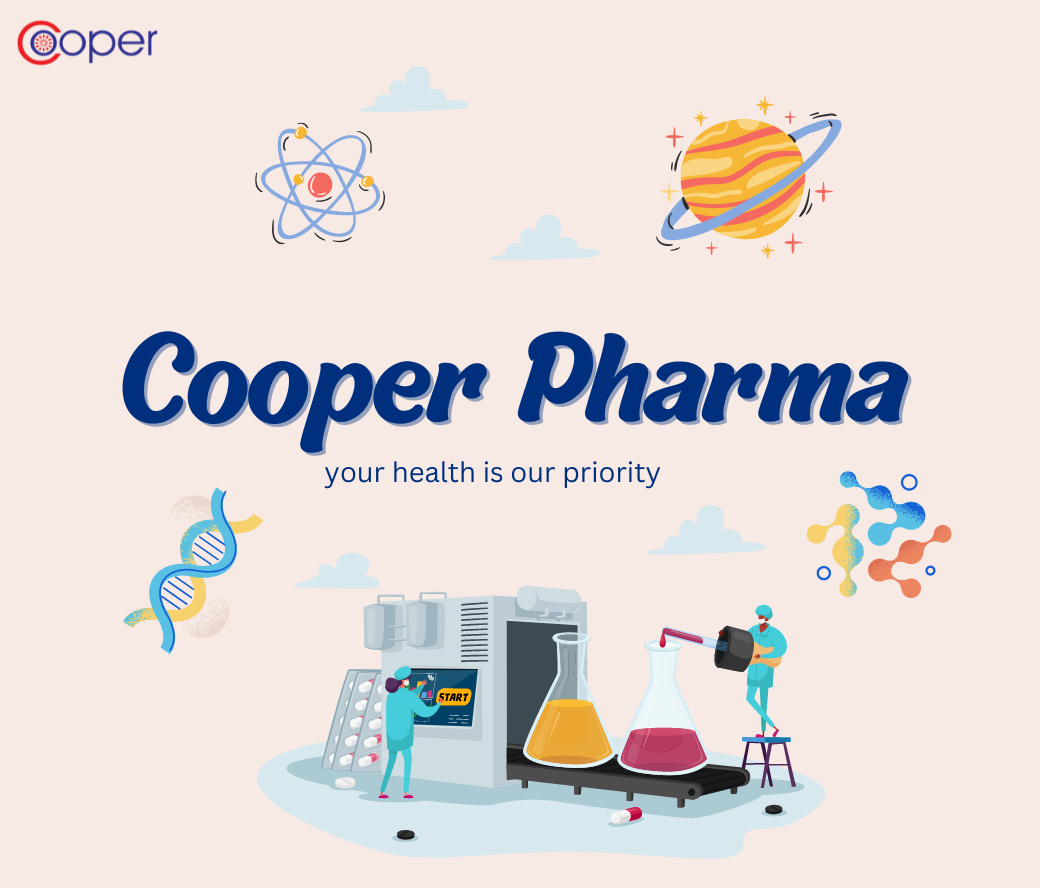
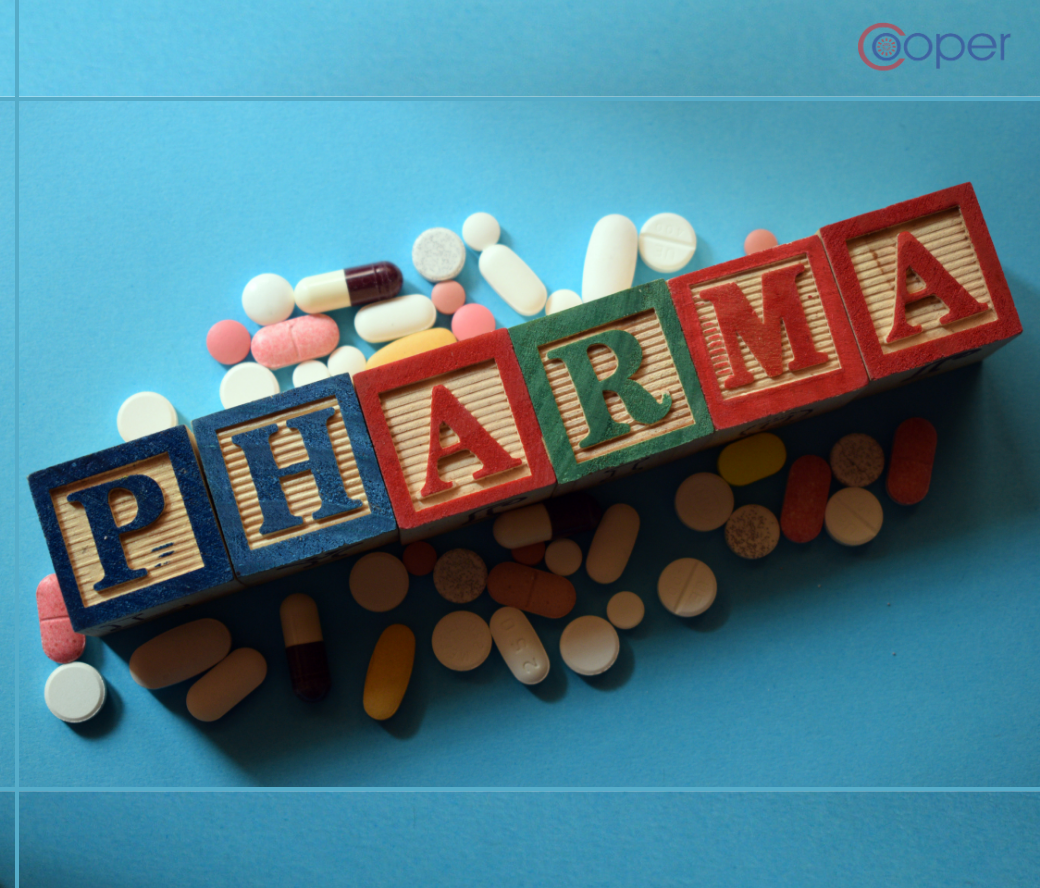
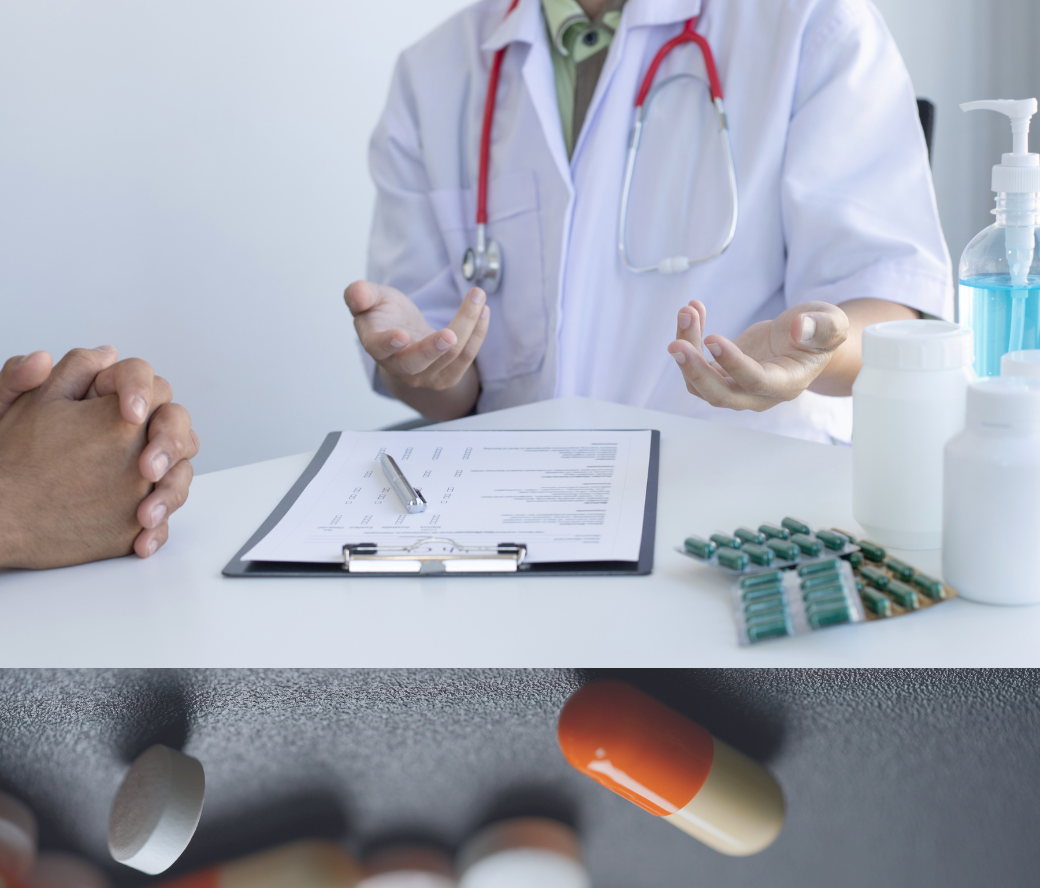
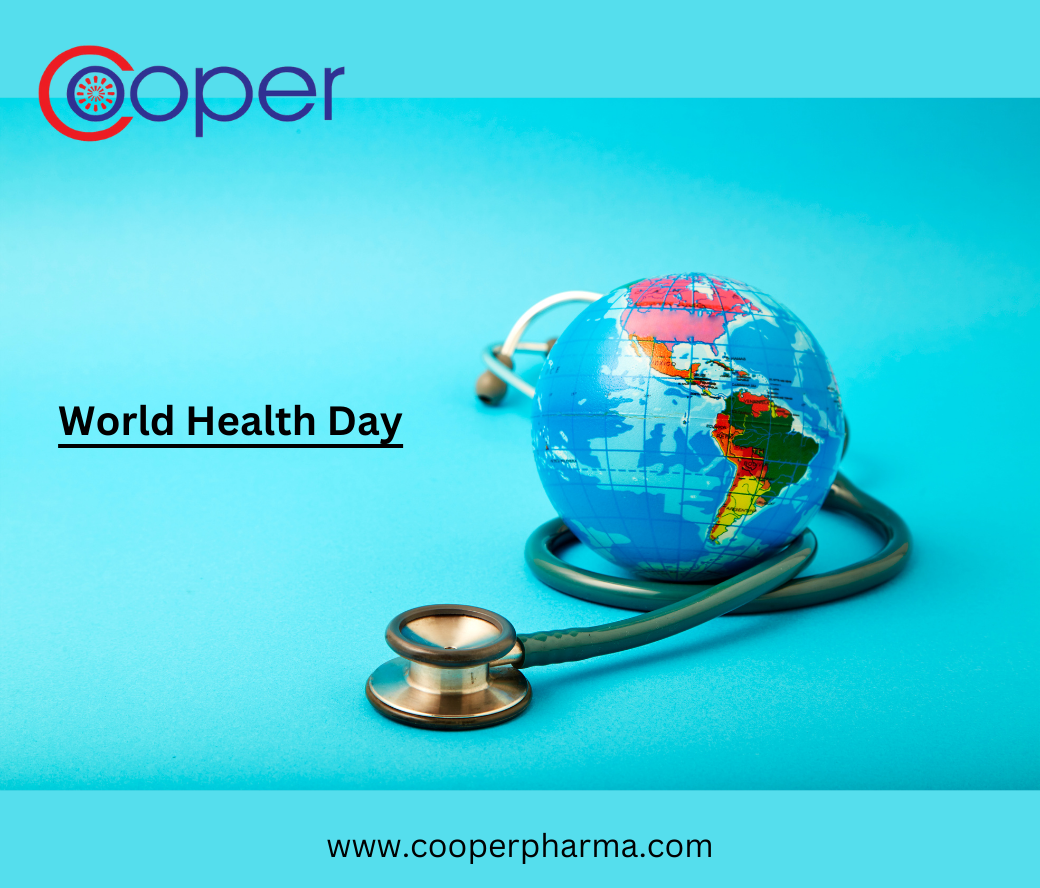
.png)
